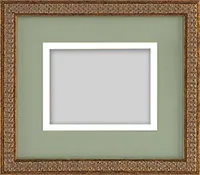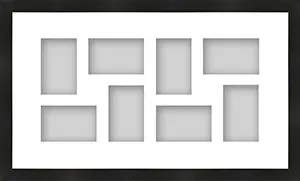Ok
Ok
What is the question
Cancel
My Account
Log In
Favorites
Saved Designs
Log In
Shopping Cart
Search
Copyright
Definition
Copyright is the legal ownership of a creative or intellectual work, granting the creator exclusive rights to reproduce, distribute, display, or license the work. Copyright applies to many forms of creative output, including artwork, photographs, music, literature, and digital media.
Purpose and Protection
The purpose of copyright is to protect the intellectual property rights of creators, ensuring they retain control over how their work is used and monetized. Copyright arises automatically upon creation of an original work and generally lasts for the creator's lifetime plus a set number of years (often 70 years, depending on jurisdiction).
Key Rights Granted by Copyright
- Exclusive right to reproduce the work.
- Exclusive right to prepare derivative works.
- Exclusive right to distribute copies of the work.
- Exclusive right to display the work publicly.
- Exclusive right to perform the work (for music, drama, etc.).
Common Misconceptions
- Owning a Certificate of Authenticity does not automatically transfer copyright.
- Purchasing artwork or a print gives ownership of the physical object, but not necessarily the copyright.
- "Public domain" works are not under copyright and may be used freely, but attribution is still considered best practice.
Best Practices
- Seek written permission or licensing when reproducing or distributing copyrighted artwork.
- Document copyright ownership when commissioning or purchasing original works.
- For artists: Register your works with the appropriate government agency (such as the U.S. Copyright Office) for stronger legal protection.
- Include clear copyright notices on digital and physical artworks to prevent unauthorized use.
Related Terms









